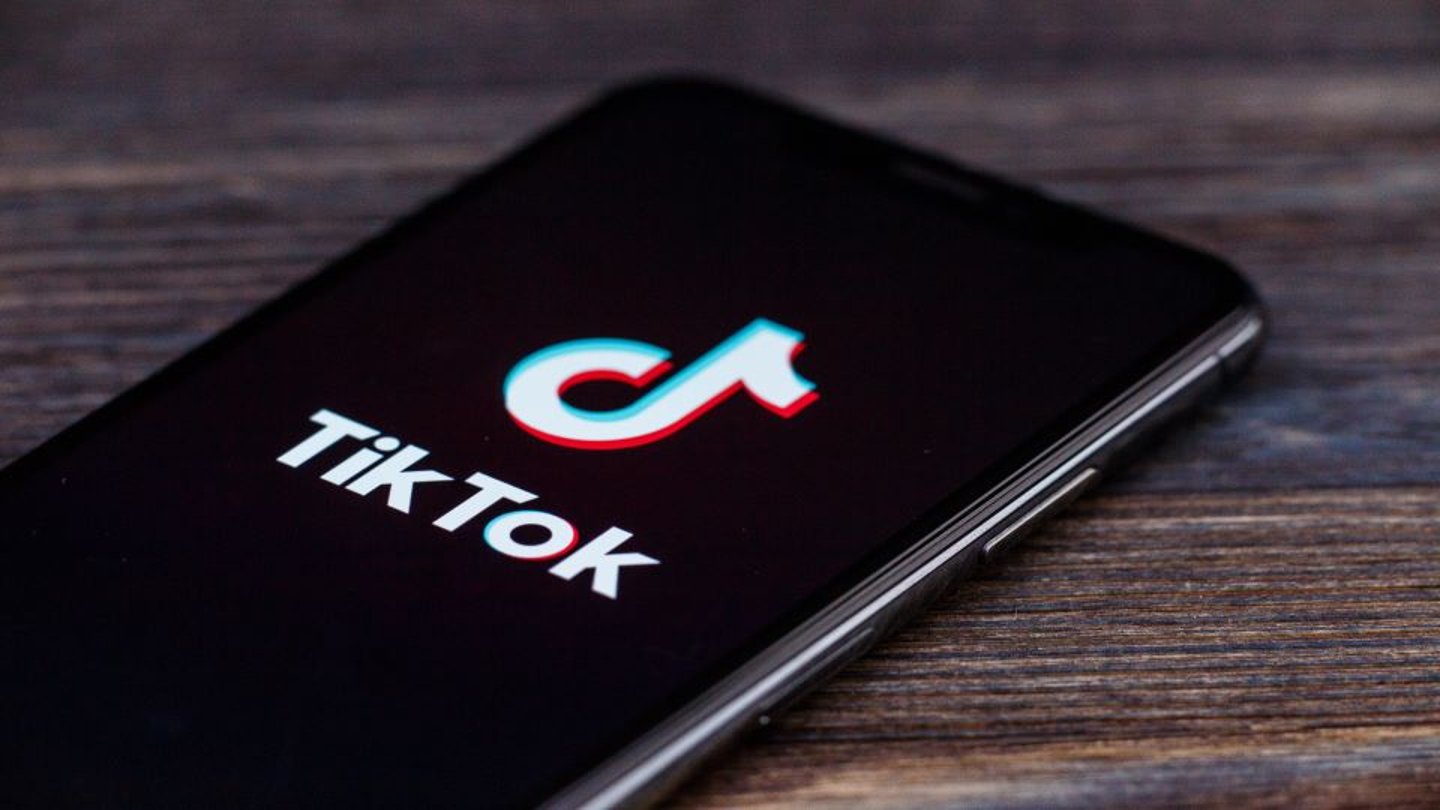Why a U.S. TikTok Pullback Could Hurt the Consumer Goods and Retail Business
Whispers of a TikTok ban have grown louder in recent months, and even after the social platform’s CEO Shou Zi Chew gave his testimony last week to address concerns surrounding data privacy, it’s likely Congress will take some action, according to Rep. Mike Gallagher.
Whether a ban, pullback, or imposed restrictions, changes to TikTok’s availability could spell trouble for brands who are relying on social commerce more than ever. Several major brands have a significant presence on the platform, leveraging its capabilities for e-commerce expansions, interactive tech like augmented reality, and digital marketing to expand visibility.
- Read more: CPGs Seize On Rocketing TikTok Trends
The Power of TikTok and Social Commerce
TikTok has a strong hold on U.S. audiences, with 150 million monthly active users — up from 100 million it said it reported in 2020. So what might a TikTok pullback in the U.S. mean for the consumer goods and retail industries? Product discovery could take the biggest hit according to research.
According to a TikTok CPG Insights survey conducted last year, 79% of millennials and 75% of Gen-Zers discover new CPG products more often after joining TikTok, and 3 in 4 make the majority of their household purchase decisions right on the platform. Of all CPG products being marketed on TikTok, the top three categories are Food & Beverage (91%), Personal Care (80%), and Household Care (73%).
Word of mouth marketing is a powerful tool in the world of CPG and retail, and according to a survey conducted by Material for the platform, over half of users (57%) research details about where to buy products they've seen on TikTok — 84% above traditional social platforms.
Social commerce itself, regardless of platform, holds enormous opportunities for growth. According to McKinsey & Company, the global social commerce market is expected to grow to more than $2 trillion by 2025. It is also anticipated that it will make up 5% of total U.S. e-commerce by 2025.
Of course, like any form of influencer marketing, there are risks for brands. In fact, while the popular #TikTokMadeMeBuyIt hashtag currently has 47.7 billion views, a contrasting trend has recently cropped up. Being called “de-influencing,” consumers on the app are telling their followers which products they should avoid, either due to cost or their performance. The #deinfluencing hashtag has accrued 425 million views so far.
More About the Potential Ban and Data Privacy Repercussions
Data security remains at the forefront of the TikTok controversy. Due to foreign access to the data being collected by the platform, Congress is concerned about what the Chinese government could do with consumers’ information, and what data privacy risks it poses for the U.S.
Much of this stems from existing privacy concerns with TikTok’s parent company ByteDance, which is currently being investigated by the Justice Department for its role in using the app to monitor U.S. journalists. Algorithmic bias is also a top priority that the government wants addressed as it's unclear how the app decides which content appears on a consumer’s For You Page.
These are issues that live close to the hearts of consumer goods and retail companies who rely heavily on first- and zero-party data and emerging smart technologies to progress on personalization and targeted marketing efforts. But brands need to tread carefully to avoid breaking privacy laws. With technology like generative AI, data inputs can result in biased and insensitive content, and through retail and CG partnerships, the sharing of consumer data can introduce similar risks.
A Few Brands Leveraging TikTok
Levi’s
Followers: 1.1M
How the channel is being used: The company has tapped a Levi’s historian to make videos about the brand’s history, and also taps into influencer marketing and lifestyle-based videos to recommend products and increase brand awareness.
Pepsi
Followers: 583.9K
How the channel is being used: Pepsi, owned by PepsiCo, is using the platform to introduce new products, such as its Pepsi X Peeps soda, tap into seasonal trends, introduce relevant pairings, and more.
The North Face
Followers: 483K
How the channel is being used: The North Face shows its clothing and products being put to the test in different climates and environments, leaning heavily on its consumers to tell lifestyle stories.
Walmart
Followers: 1.4M
How the channel is being used: Walmart focuses on influencer marketing to promote products from its brand partners. Most of the videos are lifestyle-focused, showcasing how products across several categories impact consumers on a day-to-day basis.




